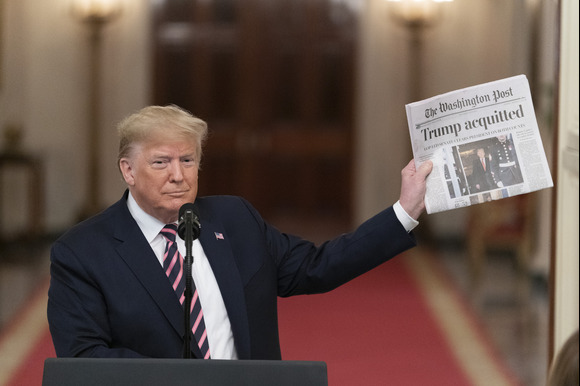Lawyers for Harvard University and the Trump administration faced off in a Boston courtroom on Monday in a high-stakes legal battle, with billions in federal funding on the line for the Ivy League institution.
The White House has frozen over $2 billion (£1.5 billion) in government grants to Harvard, demanding sweeping changes to the university’s hiring, admissions, and teaching practices. The administration cites its campaign to combat antisemitism and dismantle diversity, equity, and inclusion (DEI) programs as justification for the move.
In addition to the funding freeze, the Trump administration has moved to block Harvard’s access to a key visa program that allows the school to enroll foreign students. In response, Harvard has filed multiple lawsuits and is now requesting a summary judgment—a ruling based on the facts of the case without proceeding to a full trial.
The hearing was presided over by U.S. District Judge Allison Burroughs, who has previously ruled in Harvard’s favor in a separate case involving the foreign student visa system. While an immediate ruling is unlikely following Monday’s session, Harvard attorneys have urged the court to decide by September 3—the deadline the administration has set for the university to wrap up financial matters related to federal grant funding.
Whatever decision the court reaches is expected to be appealed, and the case may ultimately land before the U.S. Supreme Court.
Harvard’s legal team, led by attorney Steven Lehotsky, argued that the administration is seeking control over the “inner workings” of the university. In contrast, government lawyer Michael Velchik claimed the school had violated an executive order issued by President Trump aimed at fighting antisemitism. “Harvard wants billions of dollars, and that is the only reason we are here,” Velchik said, according to local media reports.
Judge Burroughs questioned the government’s position, criticizing the lack of documentation or a clear process to determine whether Harvard had adequately addressed antisemitism. “The consequences of that in terms of constitutional law are staggering,” she said during the hearing.
In a legal brief filed in June, Harvard’s attorneys accused the administration of violating the U.S. Constitution’s free speech protections, arguing that the federal government is infringing on the university’s rights “to decide what to teach, to express certain views, and to petition the courts to defend itself.”
The university also contends that the administration did not follow proper legal procedures when suspending the funds and that the actions taken were punitive and lacked a rational connection to the stated concerns.
In its response, the U.S. Justice Department argued that federal funding is conditional. “If [universities] fail to meet these conditions, the grants are subject to cancellation,” government lawyers wrote.
President Trump has described his actions toward Harvard as part of a broader negotiating strategy, suggesting at one point that “we’re probably going to settle with Harvard.” A White House spokesperson echoed that sentiment in a statement, saying, “We are confident that Harvard will eventually come around and support the president’s vision, and through good-faith conversations and negotiations, a good deal is more than possible.”
The legal standoff is part of a larger effort by the Trump administration to exert pressure on elite Ivy League institutions. Earlier this month, U.S. Immigration and Customs Enforcement issued subpoenas to Harvard demanding data on international students. The president has also floated the idea of ending Harvard’s tax-exempt status.
In March, Columbia University in New York agreed to several demands from the administration—including banning face coverings at protests and reviewing its admissions practices—after facing threats to cut off $400 million in federal funding. However, these concessions have not completely satisfied the administration. The U.S. Department of Education has since warned that Columbia could lose its accreditation.
As the legal battle unfolds, the outcome could have wide-ranging implications for academic freedom, federal funding protocols, and the autonomy of higher education institutions in the United States.






